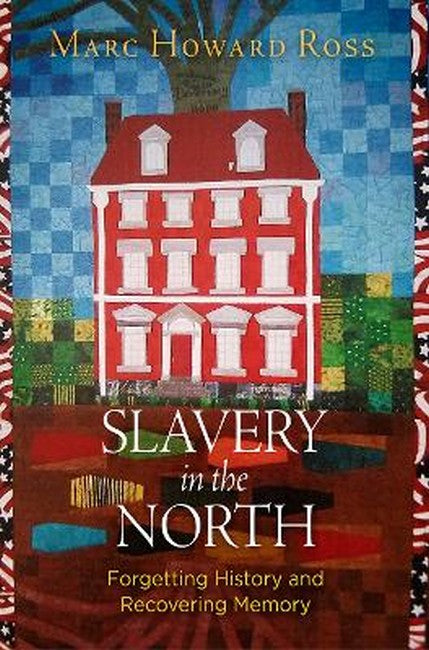Marc Howard Ross is the William Rand Kenan, Jr., Emeritus Professor of Political Science at Bryn Mawr College. He is author of numerous books and is editor of Culture and Belonging in Divided Societies, also available from the University of Pennsylvania Press.
Request Academic Copy
Please copy the ISBN for submitting review copy form
Description
Introduction Chapter 1. Collective Memory Chapter 2. Surveying Enslavement in the North Chapter 3. Slavery and Collective Forgetting Chapter 4. Enslaved Africans in the President's House Chapter 5. Memorializing the Enslaved on Independence Mall Chapter 6. The Bench by the Side of the Road Chapter 7. Burying Grounds Chapter 8. Overcoming Collective Forgetting Epilogue Notes Works Cited Index Acknowledgments
"Public historians will appreciate Ross's attention to the significance of African American cemeteries as historic sites, his acknowledgment of the power of public archaeology, and his incisive commentary on contemporary public interpretations of slavery, including some in the South." (Western Historical Quarterly) "[F]ascinating . . . Ross engages with scholarship on collective memory and the sociology of culture in order to understand why the history of northern slavery has been forgotten for so long . . . Ross's book represents a starting, not an ending, point to our understanding of the forgotten past of African-American enslavement in the northern states." (American Journey of Sociology) "Slavery in the North is a thoughtful, accessible, and stimulating book. Students and scholars interested in the history of enslavement in the North will be well served by reading this engaging book. This work will also be of particular interest to those interested in the dynamics of contemporary cultural contestations over commemorative sites of slavery, especially those in Philadelphia." (Journal of African American History) "Slavery in the North examines our collective memory of slavery and enslavement in the North: why and how a widespread and important practice that spanned over two hundred years could be erased from our cultural discourse, and why the recovery of such history has been resisted and fraught with conflict. With race and slavery, and their histories and legacies, very much in the forefront of American cultural and political life today, this is an important book." (Joanne Pope Melish, University of Kentucky)

